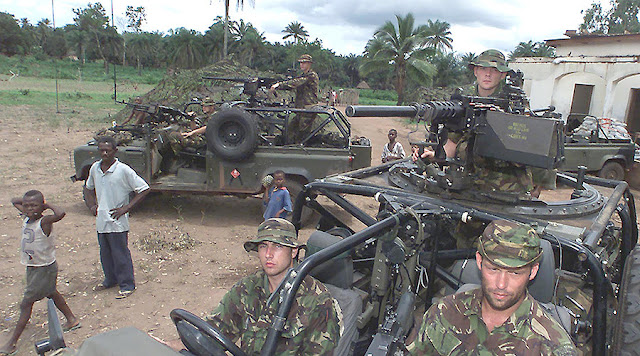The US has been training up to 2,700 militants near al-Tanf base
in Syria, the Russian General Staff stated
 |
| Russian Ministry of Defence, Moscow |
Does anyone have the nerve to ask the government,
or the US media, if this is factual?
MOSCOW /TASS/. US private military companies numbering over 3,500 personnel are plundering Syrian oil facilities under the cover of the international anti-terror coalition’s aircraft, Head of the Russian General Staff’s Main Operational Department Colonel-General Sergei Rudskoi told a Defense Ministry press briefing on Monday.
"Aside from training militants, the US structures in Syria are involved in plundering oil facilities and deposits in the area across the Euphrates that belong to the legitimate Syrian government. Lately, US private military companies have been observed to actively beef up their personnel. Today, the mercenaries of the private military companies in Syria exceed 3,500 people," the Russian general stressed.
Specifically, the US military structures have organized the production and sale of Syrian oil from the Conaco, al-Omar and Tanak oilfields located east of the Euphrates River, the Russian general pointed out.
"A criminal scheme of Syrian crude cross-border deliveries is in effect. Actually, Syrian national wealth is being plundered," Rudskoi stated.
A considerable part of revenues from the hydrocarbon smuggling is spent on maintaining illegal armed formations, bribing sheikhs of tribal unions and instigating anti-government sentiments, according to the Russian general’s data.
"All this activity by US private military companies is conducted under the cover of the international anti-terror coalition’s aviation. In actual fact, this is smuggling business seized by the Americans from the IS [the former name of the Islamic State terrorist organization outlawed in Russia]," Rudskoi explained.
The US incessant deliveries of armament and military hardware to the area across the Euphrates also cause concern, the Russian general added.
"In exchange for assistance in oil smuggling, the United States is beefing up both Kurdish and Arab formations with arms and they subsequently use them against each other," Rudskoi said, adding that "all these factors are only exacerbating the situation in the war-torn region."
Training of militants
The US military are training up to 2,700 militants from different groups at the al-Tanf base in Syria, according to Rudskoi.
"Within the 55-km zone around al-Tanf, US instructors are training a large armed formation, Magavir al-Saura, and some small militant groups for the so-called Army of Arab Tribes. The militants’ total numerical strength is 2,700 men," the Russian general reported, providing footage obtained from drones.
A part of the militants trained at the al-Tanf base is being airlifted by US combat helicopters beyond the Euphrates, the Russian general added.
"The most trained saboteurs are being delivered to the territories controlled by the government troops to destabilize the situation and prevent the strengthening of the Syrian government’s positions there," Rudskoi commented.
The basic goals of the militants trained by the US military instructors are to carry out subversive operations, destroy Syrian oil and gas infrastructure facilities and conduct terrorist attacks against government troops, he pointed out.
"Such groups have been spotted in the areas of the communities of al-Suwayda, Palmyra and Abu Kamal," the Russian general specified.
The US military base near the settlement of al-Tanf is located at the junction of the borders of Syria, Iraq and Jordan. It also embraces the 55-km zone around the town.













